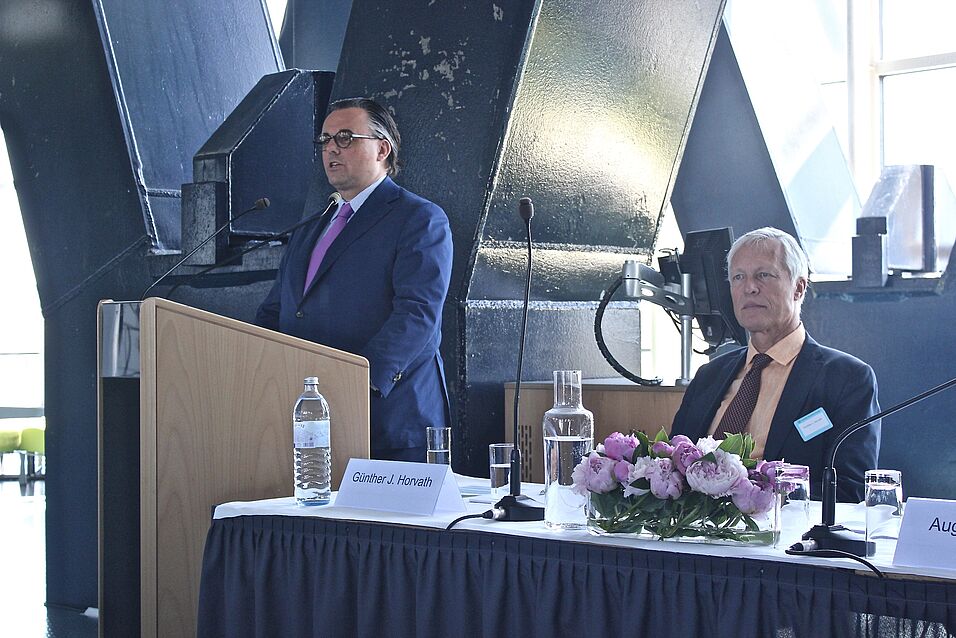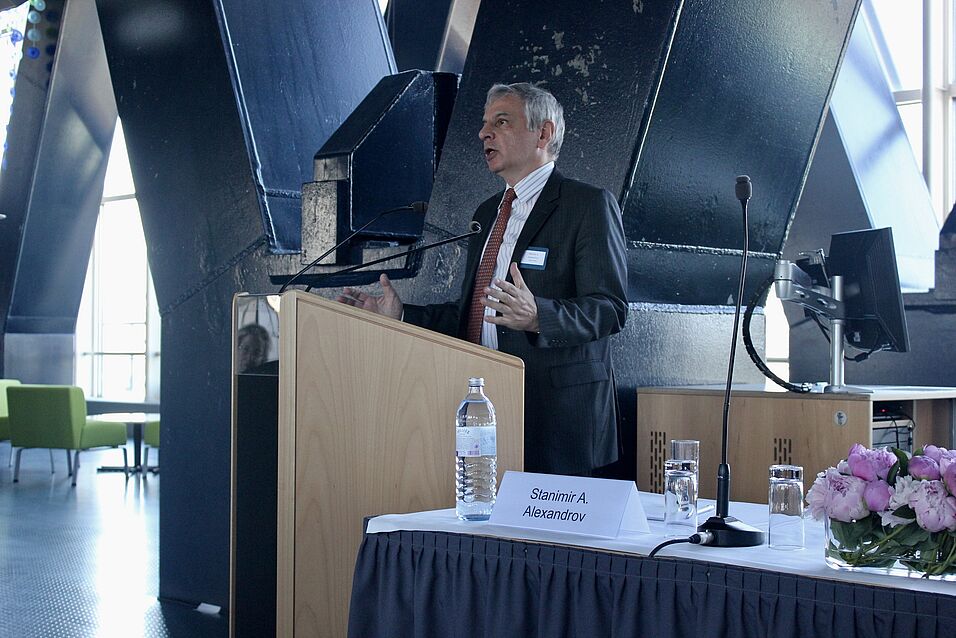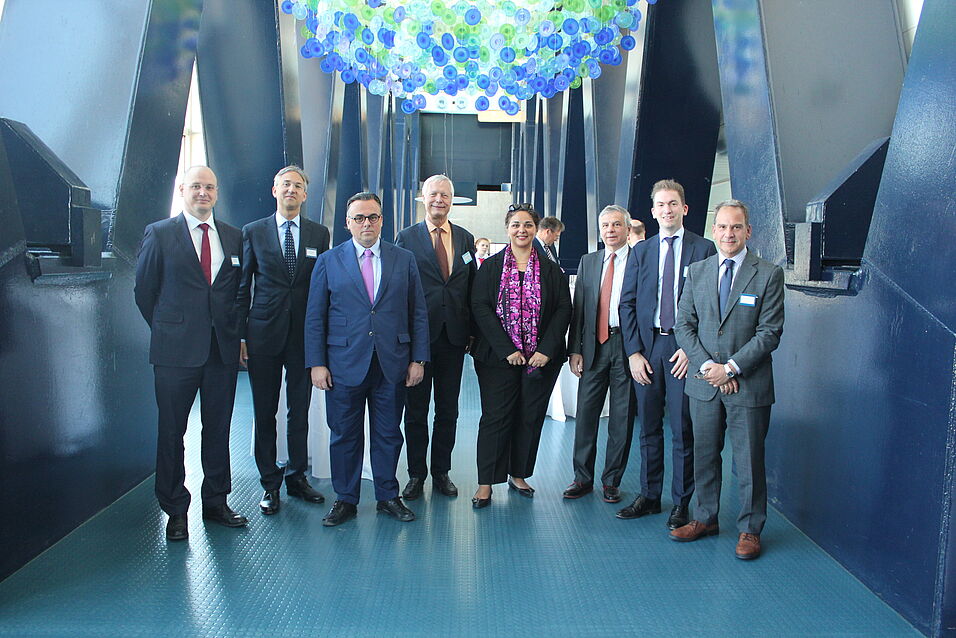Following the success of last year’s kick-off event, the 2nd Vienna Investment Arbitration Debate took place this year at the Juridicum in Vienna on Friday, 9 June 2017. Chaired by Prof. August Reinisch (University of Vienna) in cooperation with Dr. Günther Horvath and Dr. Moritz Keller (Freshfields Bruckhaus Deringer, Vienna), the event featured an opening by Dean Paul Oberhammer and the final keynote was held by Prof. Stanimir A. Alexandrov of George Washington University.
The novel format debuted last year, requiring panelists to advocate for a position irrespective of their actual take on the questions presented, applied this year again.
The speakers (Georgios Petrochilos und Alfred Siwy sowie Yas Banifatemi und Sebastian Seelmann-Eggebert) set the stage for a conversation in the midst of constant evolution for investment arbitration in the international political and economic sphere. Two controversial topics of investment arbitration were highlighted during the panel discussions, including “The CETA Investment Court System: What you read is what you get?” and “The Multilateral Investment Court System: Arbitration 2.0”.
Lively dialogue was encouraged, and a combination of academic experts, attorneys, in-house counsel, members of ministries of foreign affairs and students of international investment law made for a dynamic debate atmosphere. Audience members participated with discussion leaders to address sub-topics such as “Is the CETA Investment Court really a court – does it adjudicate or arbitrate?” or “Will the appeals process enhance the quality of the initial decision – will it lead to ‘better law’?”, and “Will an Investment Court improve the financial issues related to arbitration?”.
More than a hundred participants from 15 different countries registered, including the USA, Japan, Germany, France and Austria, as well as attendees from various countries across the CEE region.



